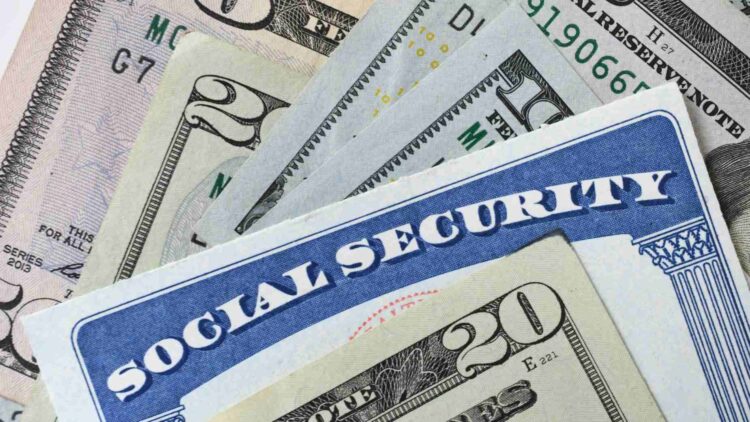This program, Supplemental Security Income (SSI), is very important to about 7.5 million people who depend on it for their money. These benefits are usually given out by the Social Security Administration (SSA) on the first of every month, but there are times when this plan is changed.
Due to the payment date falling on a weekend in September, this will be one of those rare cases.
SSI payments are usually made on the first of every month, but if that date falls on a holiday or weekend, the SSA moves the payment to the previous business day to make sure that recipients get their money right away and don’t have to pay fines for getting it late, especially the most vulnerable recipients.
This change has already happened twice this year, in January and June. This will also happen in September, since the first of the month is a Sunday. This means that SSI recipients can expect their September payment to be paid on Friday, August 30.
If the beneficiary’s expected payment doesn’t come on time, the SSA says they should wait three business days before calling their bank. This waiting time gives any possible working delays time to be fixed.
After this amount of time, if the check still hasn’t been received, the next step is to go to the closest Social Security office to find out more and fix any problems.

How much in SSI can a person get from the Social Security Administration
The highest amount of money that an individual can get from SSI each month in 2024 is $943. However, couples who are enrolled in the program can get a higher monthly amount, up to $1,415.
Benefits can also be given to families with children and caretakers, with different amounts given to each family based on their needs.
The exact amount a receiver gets can change based on where they get their extra money and their own personal situation. The SSA cuts the SSI payment by $1 for every $2 made through work.
This is one of the situations that can change the payment. What is meant by “work” is all the different ways that people make money, such as jobs, self-employment, and anything else that makes money.
Different types of income can change the amount of SSI you get, not just income from work. Some examples are disability payouts, unemployment checks, and pensions. When someone gets money from these non-work-related sources, the SSA also takes away $1 from their SSI payment for every $1 they get.
For people who get SSI and also make extra money from work or other sources, their monthly payment may go down. They may need to plan their spending around their payouts more carefully to make ends meet.
Even though there are possible deductions, SSI is still an important source of income for many people, making up a big part of their monthly income.
Because of this, it is very important for recipients to know about any changes to payment dates so they know when to expect their money. Being aware of these changes helps recipients better handle their money and avoids problems with their financial plans.
Because SSI is for people with very little money and resources ($2,000 or less per person, $3, 000 or less per couple), people who get money from it can become very dependent on it. If something goes wrong with the money, it can be very hard for them to make ends meet.
That’s why it’s important for people who get money from it to know the rules and conditions of the program so that they can better understand how to claim their benefits.















Leave a Reply